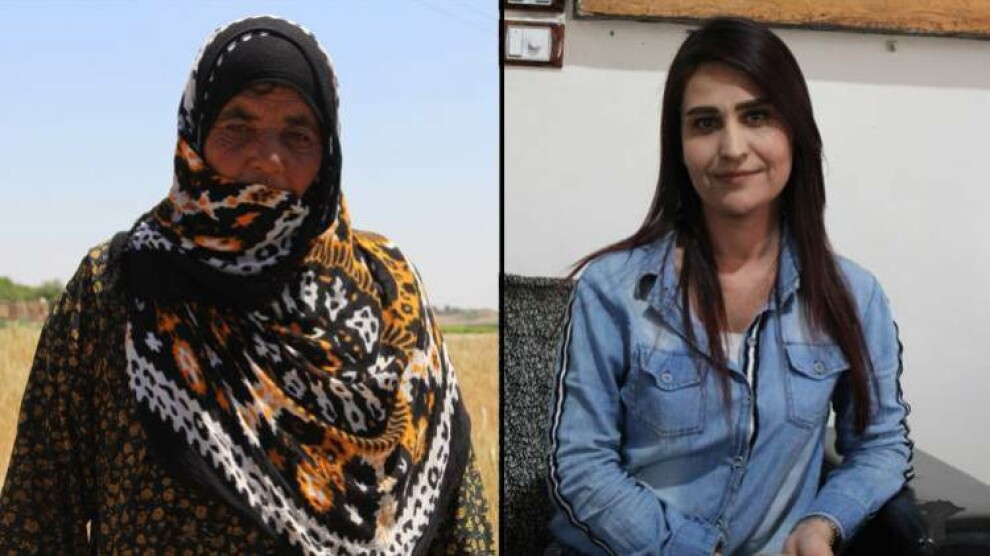Water shortage begins to be felt in Kobanê, Hasekê
Turkey has reduced the levels of water flowing downstream in Rojava since January 27. Water outrage has turned into a water crisis in the region now. Water in the region smells bad due to the low water levels. Authorities fear that many diseases, especially cholera and malaria, will soon emerge in the region. 83 villages of Kobanê have suffered from the water outrage and they meet their potable water by carrying water. Hundreds of acres of crops dried due to water outrage in Hasekê, where the levels of water in rivers are the lowest level in history.

Turkey has reduced the levels of water flowing downstream in Rojava since January 27. Water outrage has turned into a water crisis in the region now. Water in the region smells bad due to the low water levels. Authorities fear that many diseases, especially cholera and malaria, will soon emerge in the region. 83 villages of Kobanê have suffered from the water outrage and they meet their potable water by carrying water. Hundreds of acres of crops dried due to water outrage in Hasekê, where the levels of water in rivers are the lowest level in history.
RONİDA HACI
Kobanê/Hesekê – The Euphrates, which is believed to bring abundance everywhere it flows, is in deep sorrow now. The Euphrates is the longest and one of the most historically important rivers of Western Asia. The river flows from Northern Kurdistan to Western Kurdistan, and then to Western Kurdistan and Syria to join the Tigris in the Shatt al-Arab in Iraq. The length of the Euphrates River is 2,940 km. It is the biggest water basis of Northern Kurdistan.
After Turkey began to reduce the levels of water flowing to Rojava on January 27, the people of Kobanê have faced water outrage. Water in the region smells bad and the water outrage also causes power outages. Kobanê Canton Waterworks Executive Board announced that the regions of NE Syria have faced a potable water crisis since January 27 due to the reduction of the Euphrates’ water levels.
The executive board noted that the water levels in wells reserves filled from the Euphrates River have decreased and 83 villages have suffered from water outrage so far. The board stated that they are concerned about many diseases, especially cholera and malaria, to soon emerge in the region if local authorities and international NGOs don’t take a step.
The lowest water level in Hasekê’s history
Turkey has reduced the levels of water of the Euphrates since January 27 and this causes the lowest water level in the history of Hasekê. As a result, people living in NE Syria faced a power cut last week. The power cut directly affected many living spaces and agriculture in the region. We spoke to Hasekê Electricity Administration Co-chair Sûzan Şakir about this issue.
“The importance of water for life is unquestionable. Firstly, it proves electricity and agriculture to our region. Currently, only one of eight turbines is active to generate electricity,” Sûzan Şakir said, calling on international organizations to take a step to stop the reduction of water levels.
Fatma Emin lost her crops due to water outrage
50-year-old Fatma Emin has six children and she lives in the Til Xezal village of Hasekê. She told us that they had six acres of wheat and 10 acres of cotton but they lost their crops due to the water outrage. “I am 50 years old but I haven’t seen such cruelty until now. Our lands were occupied, our villages were burned. We faced Daesh but then our region was cleared of Daesh. But people of this region haven’t seen such cruelty before. How is our water cut off? Do they want to annihilate people? We are villagers; we make a living by agriculture. Thousands of people like me. Aren’t there human rights organizations? They should allow Turkey, they should punish it.”
